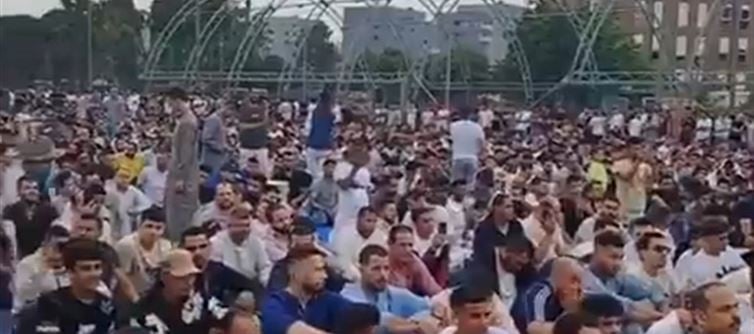
Milan, like many european cities, has seen an increase in its Muslim population due to immigration, particularly from North Africa, the Middle East, and South Asia. According to the web results provided, the Italian state does not formally recognize Islam, and there are several Islamic organizations active in italy, including those based in Milan. The presence of a large Muslim community is evident during significant religious events like Eid, which may require public spaces due to the lack of sufficient mosque capacity.
However, the idea of Milan becoming an "Islamic caliphate" is a hyperbolic and unfounded claim. A caliphate is a form of Islamic government led by a caliph, a political and religious leader considered a successor to the Prophet Muhammad. Historically, caliphates have been established through conquest or political upheaval, not through demographic changes alone. italy remains a secular state with a democratic government, and there is no evidence or indication of any movement towards establishing a caliphate in Milan or elsewhere in the country.
The rhetoric of Milan becoming an Islamic caliphate taps into fears about cultural and demographic shifts in Europe, often amplified by far-right narratives. Such claims can exacerbate tensions between communities, fuel xenophobia, and distract from more pressing issues like social integration, economic disparities, and public policy. The video itself, showing a religious gathering, is not inherently threatening but becomes contentious when framed with alarmist language.




 click and follow Indiaherald WhatsApp channel
click and follow Indiaherald WhatsApp channel